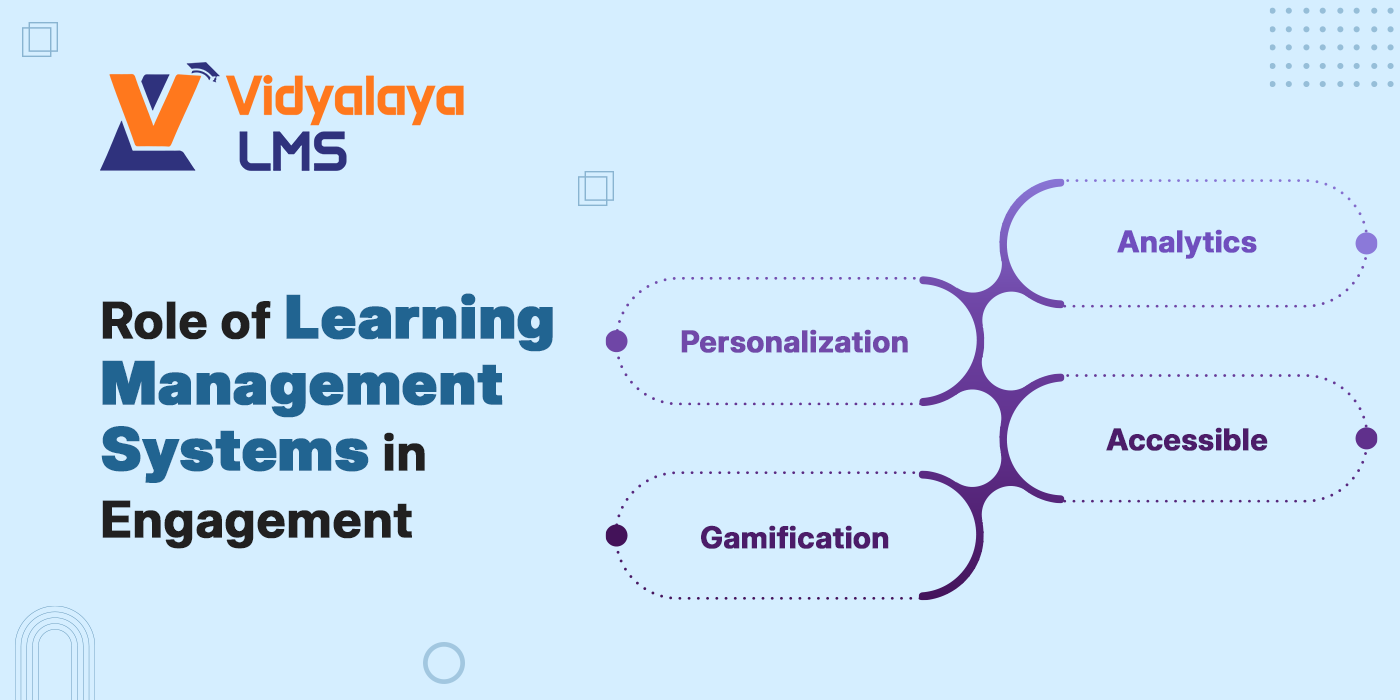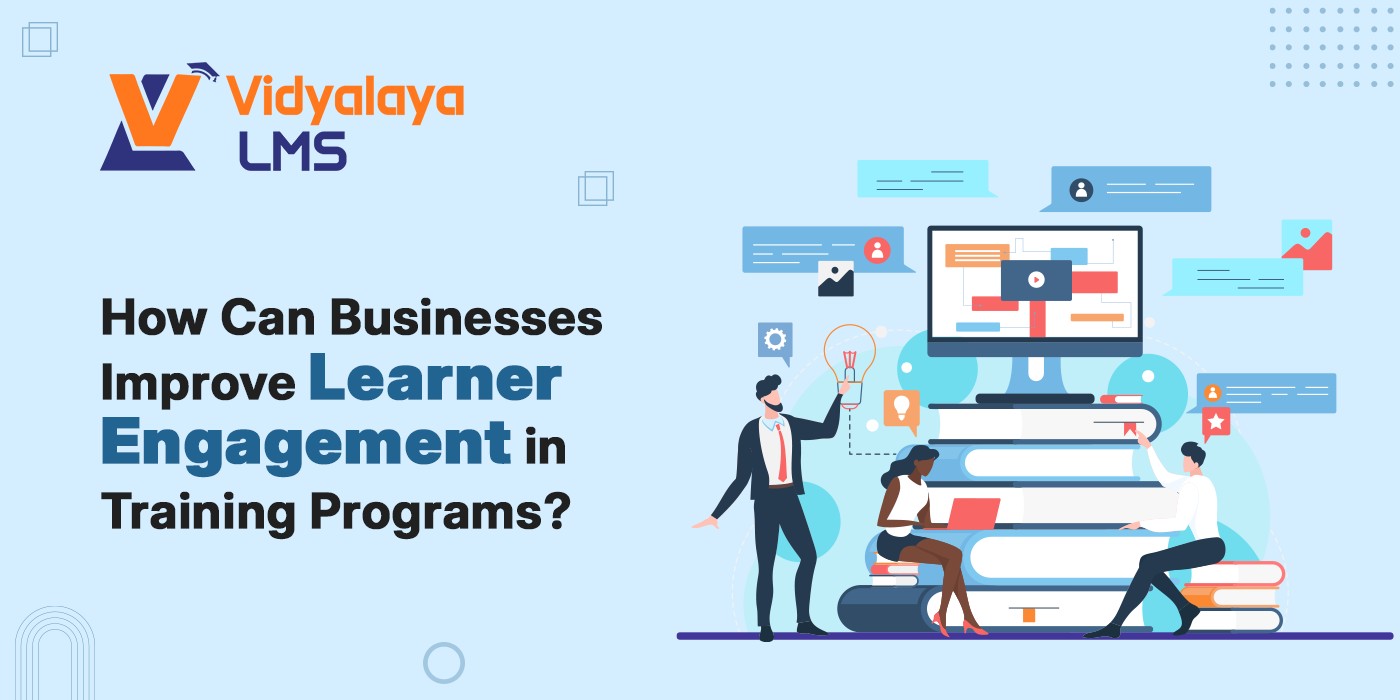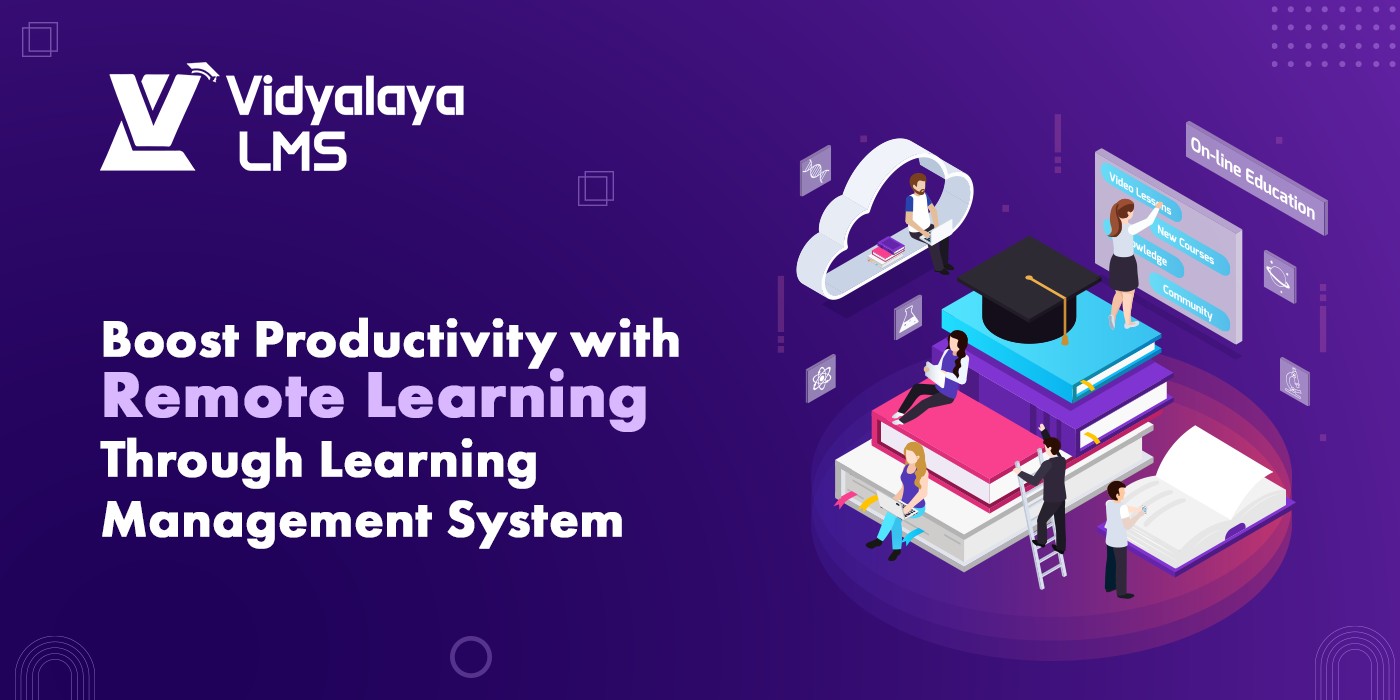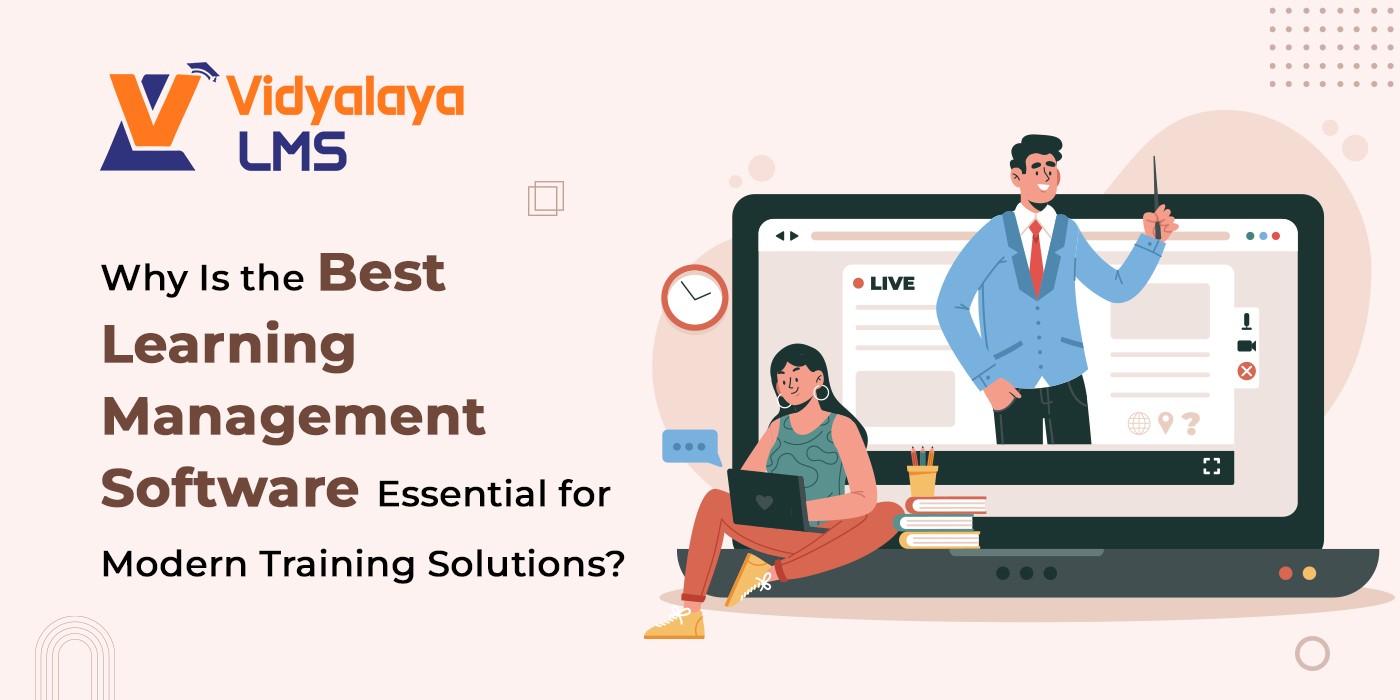Training employees is no longer just about conveying information; it is about the creation of experiences that will engage employees, keep them connected, and ultimately get them productive. One of the biggest problems organizations are experiencing today is learner engagement in training programs. When an employee becomes disengaged in the training, outcomes diminish. Luckily, with modern tactics (such as social learning) and an effective Learning Management System (LMS), there are now more ways than ever to increase engagement and achieve real outcomes.
Organizations often invest a great deal of time and money into training their employees, but poor engagement from the learner can frustrate those efforts. An engaged learner is not only more likely to learn and retain that learning, but also more willing to apply that learning in on-the-job situations. This blog will look at organizational strategies for supporting employee engagement around your training program, the popularity of social learning, and how an LMS will help you disrupt the training experience.
Why Learner Engagement Matters in Business Training?
The significance of engaged learners is more significant than just satisfaction with training. Engaged learners will:
- Retain knowledge longer.
- Transfer skills more effectively to the job.
- Demonstrate higher productivity and job satisfaction.
- Contribute to improved business performance overall.
Alternatively, disengaged learners frequently skim through modules, passively complete training, or forget the training quickly. Hence, engagement is a top priority for organizations that want to maximize their training program ROI.
With the advent of digital platforms, organizations can create training experiences that are interactive and valuable for employees to sustain engagement as active participants.
Growing Popularity of Social Learning:
Social learning denotes a collaborative peer-to-peer experience as opposed to a traditional top-down approach to training.
Here is why an increasing number of businesses are embracing social learning:
- Natural Human Behaviour: Humans learn best when they can collaborate. Conversations, group assignments, and real-world scenarios assist with memory recall during training.
- Increases Engagement: When employees can share their opinions, ask questions, and learn from each other, chances are high that they will participate in learning.
- Encourages Engagement: If learners know that their progress is not anonymous, they are more committed to “performing” in a social learning environment.
- Culture of knowledge sharing: Social learning captures tacit knowledge within teams and creates a collaborative work culture.
Role of Learning Management Systems in Engagement:

Engaging learners is at the heart of any Learning Management System (LMS). Today’s LMSs are far beyond just a delivery mechanism for content – they are interactive networks that support personalized learning, monitor performance, and foster collaboration.
Here are a few ways an LMS helps increase engagement:
- Personalization: Learners can engage with customized content based on their role, skills, or career path.
- Gamification: Leaderboards, badges, and quizzes are fun – and even competitive – features that can make on-the-job training engaging.
- Analytics: An organization can measure engagement, course completions, and knowledge retention.
- Accessible: A cloud-based Learning Management System will mean an employee is learning, where and when they can.
Strategies to Improve Learner Engagement in Training Programs:
Organizations interested in improving learner engagement can try the following tactics:
1. Include Social Learning in Your Training:
Adding a social learning element with discussion boards, team projects, and peer feedback will increase participation and motivate learners. Not only will that experience, or best practice share, foster trust among learners, but it will also help to build community among them.
2. Tap into Gamification:
Reward systems, badges, and leaderboards all take the training process and turn it into a fun-filled game. Gamification can increase learner engagement because it taps into some healthy competition.
3. Personalize Learning Paths:
An LMS gives a business the ability to design personalized learning paths specific to the employee’s goals, job responsibilities, or other considerations. Personalize training to keep it relevant, so you hold the employee’s interest.
4. Show Real World Applications:
Employees will engage much better with training that is able to be applied in practice. Case studies, role play, and scenario-based learning close the gap between training in academic settings and applying that knowledge in workplace settings.
5. Leverage Microlearning for Retention:
When you break content delivery into short, manageable modules, it allows learners to concentrate better. Microlearning provides flexibility and allows busy employees to fit learning into their schedules.
6. Collect Feedback and Revise Programs:
When learners feel they have a say and something to contribute, their engagement increases. A business can gather this feedback through its LMS using surveys or polls, and activate change based on it.
Why This Matters for Businesses?
Enhancing learner engagement is more than just an aim of training — it has a direct impact on productivity, innovation, and employee retention. Employees who are engaged have higher self-confidence, contribute more to their team, and embrace change. Training programs that fail in engaging learners often result in wasted time and resources and lead to turnover. Conversely, engaged learners create a training opportunity that is a driver of growth for the individual and the organization.
Conclusion:
Improving learner engagement isn’t just about making training more enjoyable—it’s about ensuring knowledge retention, boosting employee performance, and maximizing ROI on learning initiatives. Businesses that invest in modern tools, personalized content, and interactive learning experiences are more likely to see meaningful results from their training programs.
This is where Vidyalaya LMS comes in. Our platform is designed to empower businesses with advanced features like gamification, mobile learning, real-time analytics, and personalized learning paths—all geared towards increasing engagement and effectiveness.
If you’re looking to transform your employee training into a more dynamic, engaging, and result-driven experience, Vidyalaya LMS is here to help.
Ready to boost your training outcomes? Schedule a free demo or contact our team to learn how we can help your organization succeed.



























